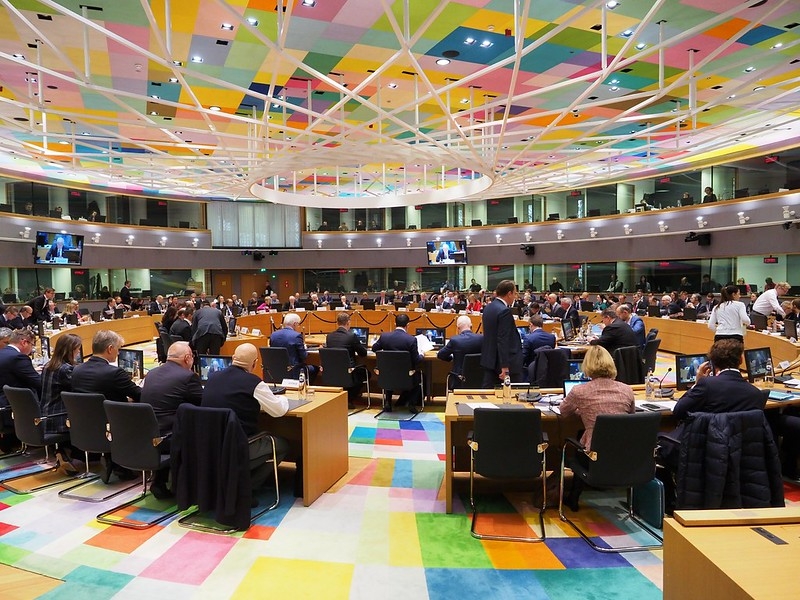On 20 January 2020, the European Union (EU) Foreign Affairs Council had its meeting in Brussels during which EU Member State Foreign Ministers discussed the state of affairs Bolivia, Venezuela, the Sahel, Libya, and the Middle East, as well as climate diplomacy.
The Foreign Affairs Council had an exchange of views on the situation in the Sahel, where persisting poverty, weak governance, conflicts, organised crime, the impact of climate change and human trafficking create a fertile ground for the radicalisation of the population, while feeding the terrorist threat and increasing migration pressures in the direction of North Africa and Europe. The security situation in the Sahel is deteriorating. In 2019, the region saw twice as many violent conflicts than in 2018 and groupings of fighters continue spreading southwards, also creating threat to the West African coast – Cote d’Ivoire, Togo, Benin, and Ghana. The number of attacks has been recently increasing in Niger and Burkina Faso as well.
The Latvian Minister of Foreign Affairs, Edgars Rinkēvičs, stated that cooperation with Africa should take place based on the principles of equal cooperation, which includes active participation of the African countries, including through promoting and financing peace and stability. International missions provide a substantial contribution to the settlement of conflicts and strengthening of security in the Sahel and Europe, the Minister noted. He confirmed that Latvia would continue its participation in the EU Training Mission in Mali and the United Nations Multidimensional Integrated Stabilization Mission in Mali (MINUSMA).
The Minister pledged Latvia’s support for strengthening the link between security and development cooperation initiatives. At the same time, Edgars Rinkēvičs drew attention to the need for the maximum use of the opportunities offered by the existing instruments to effectively address common challenges in the fields of terrorism, migration, economic development and climate change, while avoiding the creation of new initiatives. Ways should also be sought to increase the visibility of EU efforts in the region to respond to the increasing role of other players in the Sahel.
Edgars Rinkēvičs highlighted Latvia’s support for the Libya peace summit held on 19 January in Berlin, and he also expressed satisfaction with the strong involvement of Germany and its efforts to find a solution to stem, as the result of a UN-led process, the flow of weapons and foreign fighters to Libya. Since 2011, Libya has been experiencing chaos, as two competing governments and a number of armed groups are entangled in power struggle for control in the country.
It is vital at this point, said Edgars Rinkēvičs, that the commitments of the Libya peace summit are fulfilled. The European Union’s Operation “Sophia” (EUNAVFOR Med) should be supported to curb human trafficking from Libya to Europe. A detailed analysis is also needed to understand which other EU security and defence policy instruments we could use to stabilise the situation in Libya.
For the first time, the EU Foreign Affairs Council discussed topics related to climate diplomacy. It is necessary that the EU political leadership is engaged in the fight against climate change and every effort should be made to see to it that all countries join the Paris Agreement and implement the goals under that agreement, the Foreign Minister noted. We support the need for looking at climate also in the context of its security aspects, considering that climate change is one of the greatest risks to geopolitical security and stability. Latvia supports the efforts of the European Commission to invest in production of plans to address climate change and in the financing of research projects in this regard, Edgars Rinkēvičs said.





